Connecticut Casino Expansion Bill Signed by Governor Dannel Malloy, Allows Tribes to Offer Gaming on Non-Sovereign Land
Posted on: June 28, 2017, 10:00h.
Last updated on: June 28, 2017, 11:11h.
The legal path for a Connecticut casino in East Windsor is now paved, after Governor Dannel Malloy (D) signed Public Act 17-89, a bill that authorizes the Mashantucket Pequot and Mohegan tribes to jointly construct a satellite gambling facility.
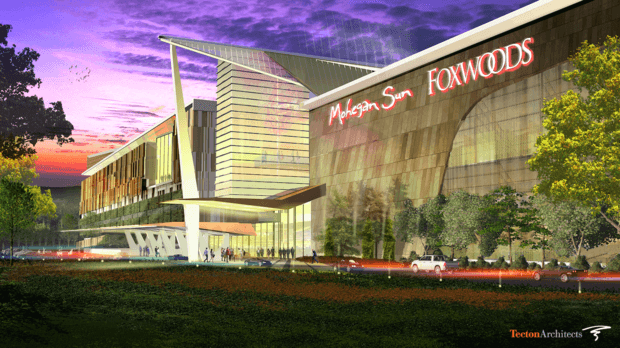
The controversial move allows the Native American groups, working together as an entity called MMCT, to operate a casino on non-sovereign land. It also puts the state’s gaming compact with the tribes into question, as the present agreement mandates that Connecticut refrain from expanding gambling.
In his Tuesday bill signing, Malloy said the measure will protect jobs in Connecticut.
“Make no mistake about it, the legislation I signed today is about jobs for the residents of Connecticut, and securing those jobs in our state,” the governor, now in his second term, said in a statement. “Over the years, our state has maintained a longstanding partnership and compact with the Mohegan and Mashantucket Pequot tribal nations, who employ thousands of Connecticut residents at their casinos.”
MGM Resorts is slated to open its $950 million resort casino in Springfield, Massachusetts, in 2018. Roughly 13 miles south, it’s hoped that the as-yet-unnamed East Windsor casino, expected to cost $300 million, will keep gambling dollars from flowing north across the state border.
MMCT vs. MGM
Malloy’s signature came as little surprise this week, after the 2nd US Circuit Court of Appeals recently upheld a decision by a lower court to dismiss a lawsuit brought forth by MGM Resorts. The Nevada-based gaming and hospitality conglomerate sued Connecticut on the basis that it failed to hold a competitive bidding process for the third casino.
Connecticut’s legislature argued it didn’t need to, as the satellite casino would be earmarked for only the tribes to run, adding that the state wasn’t legalizing commercial gambling. The US Bureau of Indian Affairs, not surprisingly. sided with that argument.
The casino will be built on the site of a closed movie theater near I-91. The 200,000-square-foot facility will have 2,000 slot machines and between 50 and 150 table games.
State Benefits
MMCT will continue to honor its gaming compact for its Foxwood and Mohegan Sun casinos. The East Windsor Connecticut venue will follow the same revenue sharing agreement, with 25 percent of gross proceeds delivered to state coffers.
The joint tribal venture will also pay a one-time $1 million initial payment for its new license. Finally, MMCT will set aside $300,000 annually to go towards problem gambling programs.
Of the 25 percent gaming tax earmarked for the state, 15 percent will go towards the general fund, while the remaining 10 percent will be used to promote tourism in Connecticut.
The cost of regulatory oversight incurred will be covered by MMCT as well. Additionally, East Windsor’s surrounding towns of Ellington, Enfield, South Windsor, Windsor Locks, East Hartford, and Hartford will each receive their own annual grants of $750,000 from the state.
“With so much at stake, we can’t thank [Governor Malloy] and his partners in the legislature enough for standing with us in our fight to save jobs and revenue in Connecticut,” Mashantucket Chairman Rodney Butler said, following the decision.
Related News Articles
Pennsylvania Gambling Expansion Could Take a Year to Enact
Most Popular
Mirage Las Vegas Demolition to Start Next Week, Atrium a Goner
Where All the Mirage Relics Will Go
Most Commented
-
Bally’s Facing Five Months of Daily Demolition for Chicago Casino
— June 18, 2024 — 12 Comments
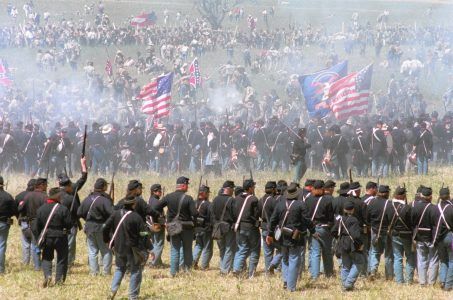
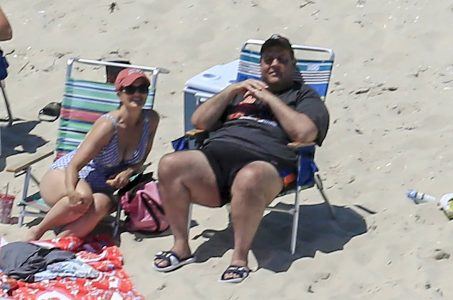
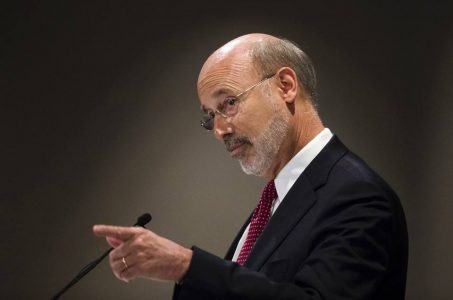
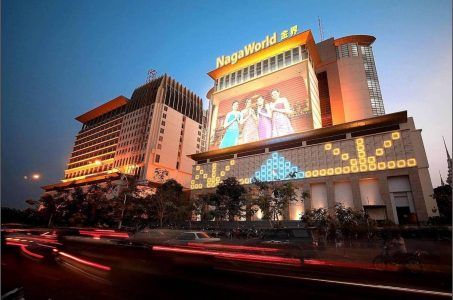












No comments yet